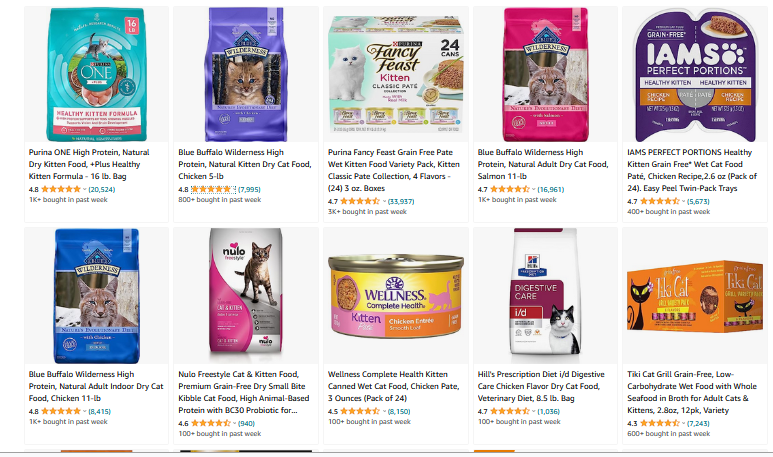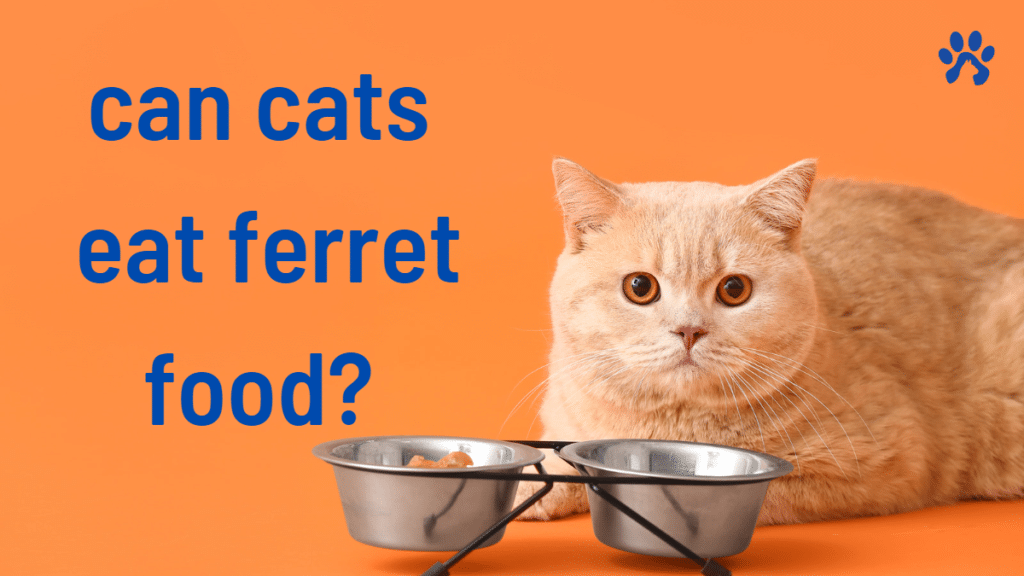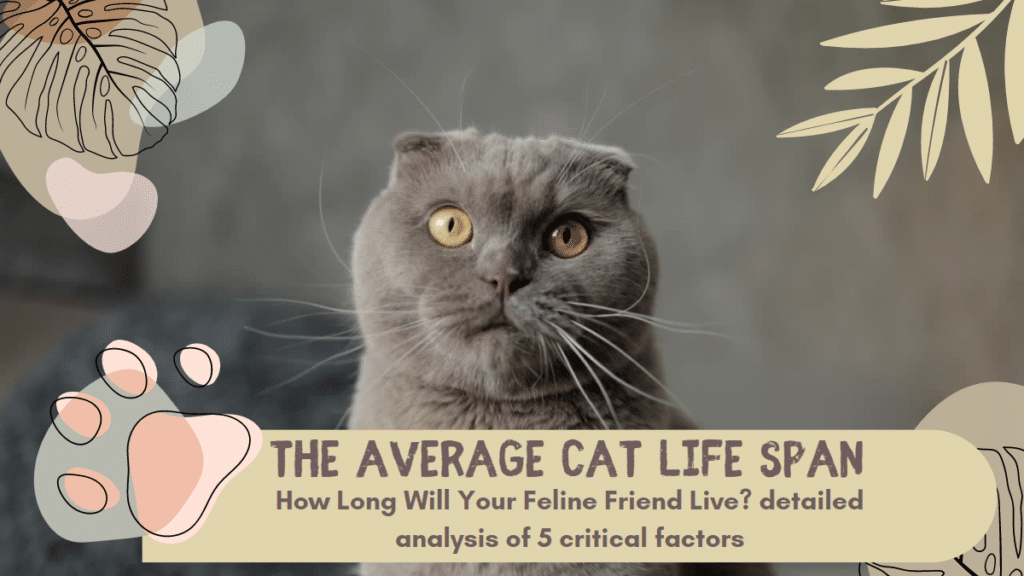gassy kittens can be a troublesome issue for cat owners, but it can be easily managed with the right cat food. In this article, we will discuss the best cat food options for gassy kittens, providing you with all the information you need to keep your furry friend happy and healthy.
Causes of Gassy Kittens:
Before we dive into the best cat food options, it’s important to understand the common causes of gassy kittens. Gassiness in kittens can be caused by a variety of factors including:
- Intolerance to certain food ingredients
- Swallowing air while eating
- Overeating
- Inadequate digestion
- Gastrointestinal infections
Understanding the cause of gassiness in your kitten can help you choose the right cat food to alleviate their symptoms.
Ingredients to Avoid: When selecting cat food for gassy kittens, it’s important to avoid ingredients that can contribute to their gassiness. These include:
- Dairy products: Cats are lactose intolerant, and dairy products can cause digestive issues.
- Soy: Some cats may be allergic to soy, which can cause gas and other digestive issues.
- Wheat and other grains: Cats are obligate carnivores, and their digestive systems are not designed to digest grains.
- Artificial additives: Artificial additives can be difficult for cats to digest, leading to gastrointestinal issues.
The Best Cat Food for Gassy Kitten – Our Top Five Recommendations:

Here are our top five recommendations for the best cat food for gassy kittens:
Selected Protein Dry Food for Adult Cats With Food Sensitives by Royal Canin Veterinary Diet
This food is designed for adult cats with food sensitivities, and it may be helpful for kittens with gas as well. It contains a single source of animal protein (chicken) and limited carbohydrates, which can help to reduce digestive upset.
The food also contains prebiotics and antioxidants, which can help to support gut health. Additionally, the food is low in calories and fat, which can help to prevent weight gain in kittens.
Grain-Free, Limited Ingredient, Freeze-Dried Raw Food for Cats with Real Rabbit by Instinct
This food is made with freeze-dried raw rabbit, which is a highly digestible protein. It also contains limited carbohydrates and no grains, which can make it a good option for kittens with gas.
The food is also high in moisture, which can help to keep kittens hydrated. Additionally, the food contains prebiotics and antioxidants, which can help to support gut health.
Chicken Dinner, Freeze-Dried Raw Food for Cats by Stella and Chewy’s
This food is another good option for kittens with gas. It is made with freeze-dried raw chicken and contains no grains or gluten.
The food is also high in moisture, which can help to keep kittens hydrated. Additionally, the food contains prebiotics and antioxidants, which can help to support gut health.
Natural, Grain-Free, Canned Food for Cats with Chicken by Wellness
This canned food is made with natural ingredients and contains no grains or gluten. It is a good option for kittens with gas who may also have food allergies.
The food is also high in protein and moisture, which can help to support kittens’ growth and development. Additionally, the food contains prebiotics and antioxidants, which can help to support gut health.
Limited Ingredient, Grain-Free, Canned Food for Cats with Real Chicken by Merrick.
This canned food is another good option for kittens with gas. It is made with limited ingredients and contains no grains or gluten.
The food is also high in protein and moisture, which can help to support kittens’ growth and development. Additionally, the food contains prebiotics and antioxidants, which can help to support gut health.
It is important to note that these are just a few of the many great cat foods available on the market. It is always best to consult with your veterinarian to find the best food for your individual kitten.
Conclusion:
In conclusion, there are many reasons why kittens may experience gas. If you notice that your kitten is gassy, it is important to consult with your veterinarian to rule out any underlying health conditions. In the meantime, you can try some of the tips in this article to help alleviate the problem, such as providing your kitten with a slow feeder, playtime toys, and high-quality cat food designed to alleviate digestive issues.
Here are some additional tips to help reduce your kitten’s gas:
- Avoid feeding your kitten table scraps or human food.
- Feed your kitten small, frequent meals instead of one or two large meals.
- Make sure your kitten is getting enough exercise.
- If you are changing your kitten’s diet, do so gradually over a period of 1-2 weeks.
- If your kitten’s gas is severe or does not improve with home treatment, consult with your veterinarian.
you May Also Like: Rehoming a cat with behavior problems: 7 best ways

